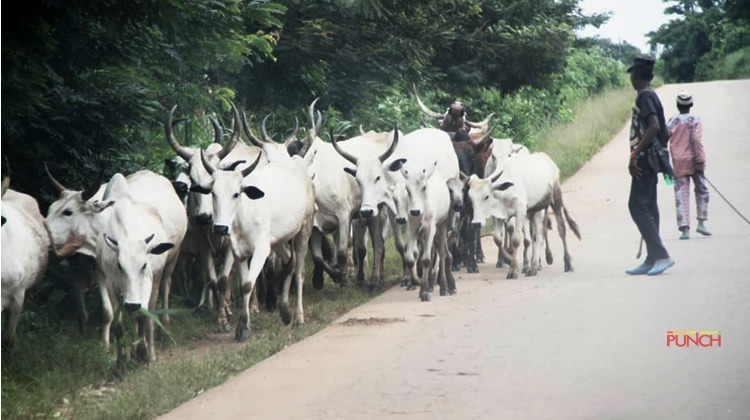At least four people have been confirmed dead and over 3,000 displaced following renewed attacks by suspected herders in Nasarawa State, North Central Nigeria. The attacks reportedly occurred in communities within the Awe and Doma Local Government Areas over the past few days, triggering fear, destruction, and a fresh humanitarian crisis.
Local sources and community leaders said the attackers, believed to be armed Fulani herders, invaded several villages in coordinated strikes that resulted in killings, destruction of property, and the displacement of thousands of residents. Victims include farmers and local villagers caught off guard during the assaults.
Eyewitnesses described the violence as sudden and brutal. “They came in large numbers, shooting and setting houses on fire. People had to flee into the bushes,” said a displaced resident from Doma LGA.
The State Emergency Management Agency (NASEMA) confirmed that at least 3,000 people have been forced to flee their homes, seeking refuge in neighboring towns and makeshift camps. Many of the displaced are women, children, and the elderly, currently in urgent need of shelter, food, water, and medical aid.
The Nasarawa State Government, through its Commissioner for Humanitarian Affairs, expressed deep concern over the situation and assured that efforts are underway to provide relief materials and restore calm to the affected areas. Security forces have reportedly been deployed to the region, but residents say the response has been slow and inadequate.
This latest round of violence is part of a long-standing and deadly conflict between herders and farmers in Nigeria’s Middle Belt, driven by disputes over land, grazing routes, climate stress, and ethnic tensions. Similar attacks have occurred in Benue, Plateau, and Taraba states in recent years, leaving thousands dead and many communities shattered.
Human rights groups have consistently called on the federal government to act decisively to prevent such violence and protect vulnerable populations. Critics argue that lack of accountability and insufficient security presence in rural areas continue to embolden armed groups.
There has been no official statement yet from the federal government or the Presidency at the time of this report.
As tensions remain high, local leaders are calling for peace and dialogue, warning that unless the root causes of the conflict—land use, justice, and security—are addressed, the cycle of violence and displacement will continue.





